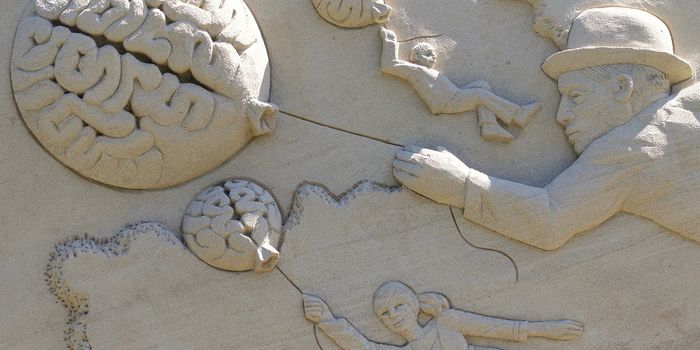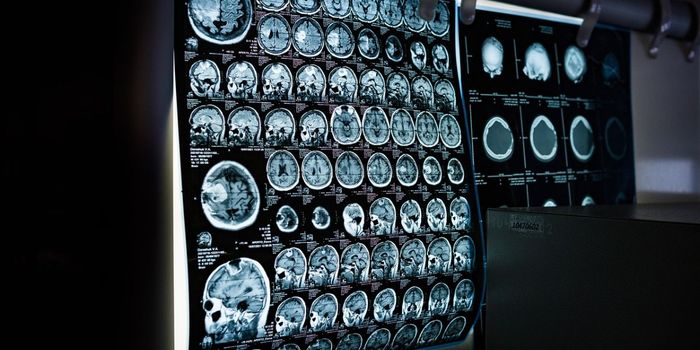Transcranial Stimulation Disrupts Fearful Memories
Disrupting negative memory formation has been a challenge for years- involving treatments ranging from psychotherapy to pharmaceuticals. Now, researchers from the University of Bologna, Italy, have found a way to use transcranial stimulation (TMS) to stave off fearful memories. The researchers say their findings may be useful in developing treatments for PTSD.
TMS happens when an electromagnetic coil is placed on a patient's head to create magnetic fields that change neural activity in specific areas of the brain. As TMS is a non-invasive procedure, it is considered attractive as a potential treatment procedure for mental health conditions.
For the research, the scientists recruited 84 healthy volunteers. A day before TMS treatment, the researchers created an 'aversive memory' for each participant, combining an unpleasant stimulation with some images.
The next day, the scientists exposed the participants to the same negative stimulus as the day before. Immediately afterward, they then used TMS or placebo (sham stimulations) to interfere with activity in different parts of their brains.
The researchers then measured how each participant reacted to the adverse memory a day later. In doing so, they found that participants who had activity in their dorsolateral prefrontal cortex (the part of the brain responsible for working memory and cognitive flexibility) interfered with by TMS had a reduced psychological response to the unpleasant stimulus compared to other groups. Although they remembered the event, they did not undergo a negative effect.
"This trial showed that it is feasible to alter the persistence of potentially traumatic memories. This may have crucial repercussions in the fields of rehabilitation and clinical medicine," says Professor Giuseppe di Pellegrino, lead author of the study. "We're dealing with a new technique that can be employed in different contexts and can assume a variety of functions, starting from treating PTSD, which will be the focus of our next study."
Sources: Neuroscience News, El Sevier









